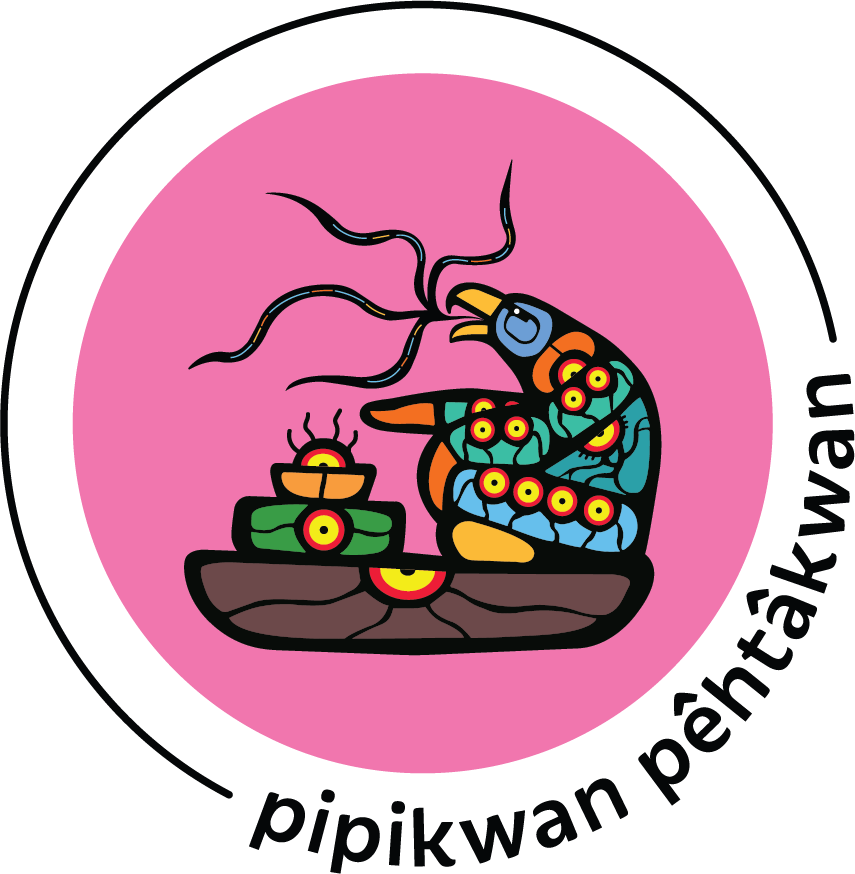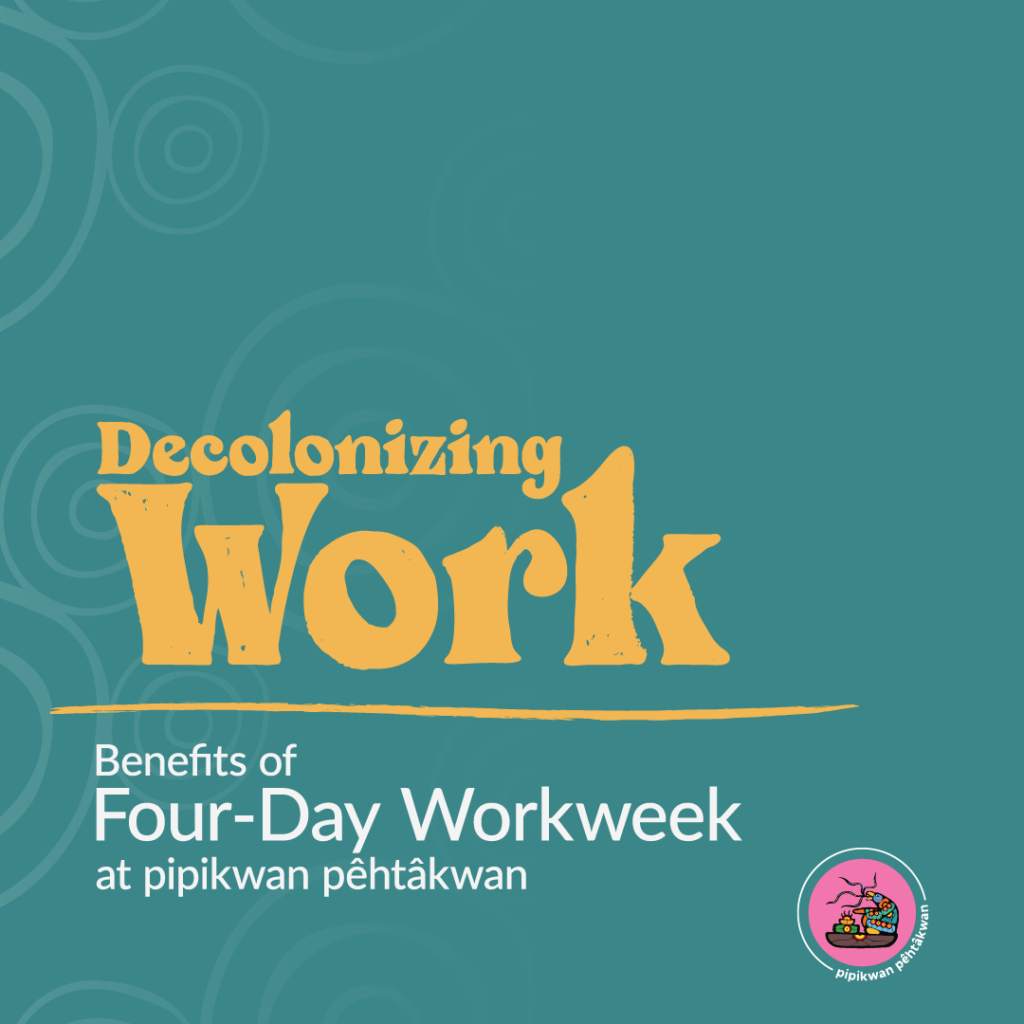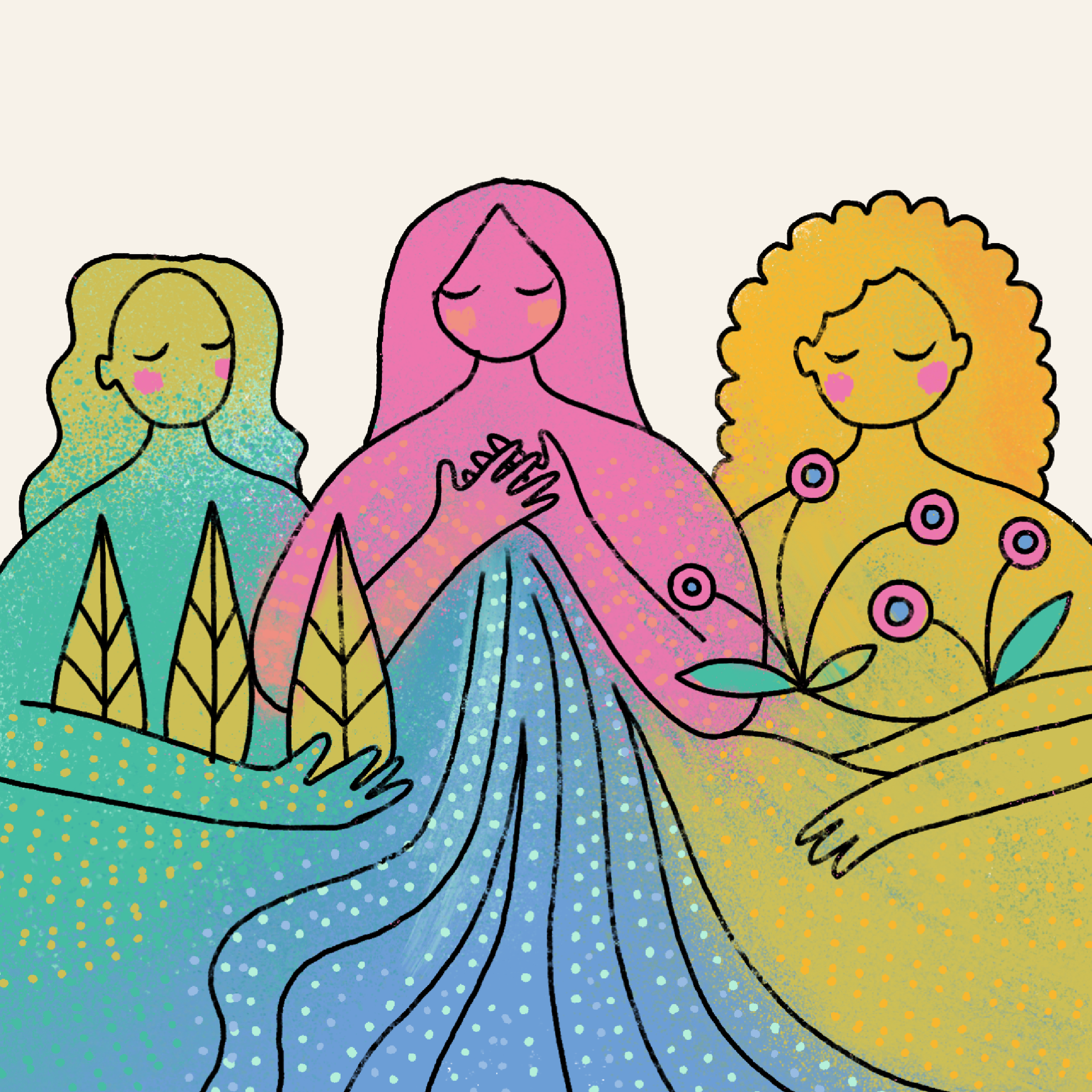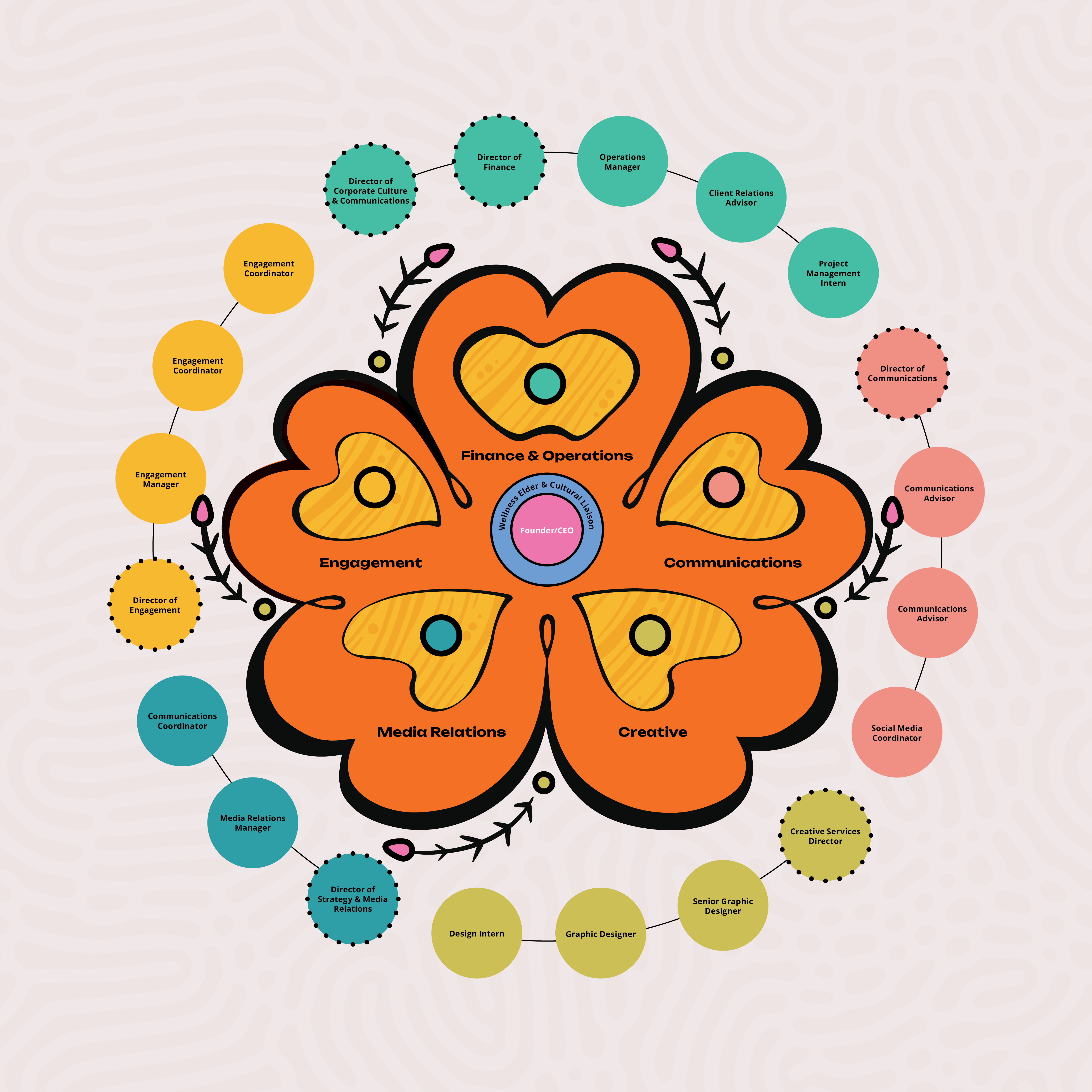“Here are four ways four-day workweek has been benefitting our team.”
Employees are able to schedule appointments, spend time with friends and family, and do absolutely nothing if they want. Many of our employees have felt the conventional five-day workweek made them feel rushed – forced to squeeze everything they want to do into every lone Saturday or Sunday.
“The four-day workweek is a game-changer for creating space in a world that’s become so full. Our four-day workweek is the only reason I’m able to continue my education and still give my full self to my relationships – including the one with myself.” – Peyton Meters, Engagement Advisor
“A four-day workweek was on my wish list for employment and I lucked out when I was hired here. Fridays off means I can visit my granddaughter for the day and she can get a day off from daycare to spend with her juiju. I feel blessed and I am so grateful, mussi-cho.” – Coleen Garska, Administrative Assistant
Many employees believe that four-day workweek has a long-term solution for improving staff mental health and well-being. This is partly due to shorter weeks allowing for better work-life balance. Employees are able to use the extra day off for self-care rituals and other activities that contribute to their well-being.
“As Indigenous Peoples, the health and well-being of the collective is important. We are only as strong as our weakest point and the four-day workweek decolonizes the idea that employees are just individuals working together. It has taught us that our co-workers are all connected parts of the whole. We understand our team must remain healthy to be effective and that one person cannot succeed without the rest. pipikwan pêhtâkwan cares about the whole – that starts with giving everyone the space to bring their best selves and their gifts to our work culture.” – Peyton Meters, Engagement Advisor
The idea that fewer hours equals decreased production may be further from the truth than we think. Employees feel they have more freedom to manage time effectively to meet targets and deliverables. With a four-day workweek, absenteeism is reduced as people have an extra day to get things done, along with vacation, personal and sick days.
“My productivity has increased, and life feels more flexible. I don’t feel the need to work extra hours because I am able to manage my time more effectively when I am well rested and can get more done during the week, although I am able to work a few hours on Friday to catch up if I needed to take a few hours off on a different day. I very seldom need to take time off because I get to truly rest on the weekend.” – Robyn Ferguson, Communications Advisor
“A four day work week has increased my productivity and gives me a day to catch up on errands, work I haven’t completed during the week and an extra day to take weekly long weekends!” – Jill McKenzie, Communications Manager
Employees want to do more than their 9-to-5, Monday to Friday. They want to be involved in the community through volunteerism and other activities in the community. This extra day off allows time to connect with mentors, mentees, support activities that align with their goals and values, among many other community-focused work.
“Four-day workweek allows me time to connect with my network and take on volunteer opportunities. It feels good to know that the workweek ends on Thursday! Because I have this extra day, I know that I can work on other things that are important to me” – Shawna-Kay Thomas, Director, Corporate Communications & Culture
As pipikwan pêhtâkwan moves forward, we will continue to be on the forefront of decolonizing corporate culture – it isn’t just about righting wrongs, it’s about giving life back to the people we care about. Our four-day workweek is just the beginning.




